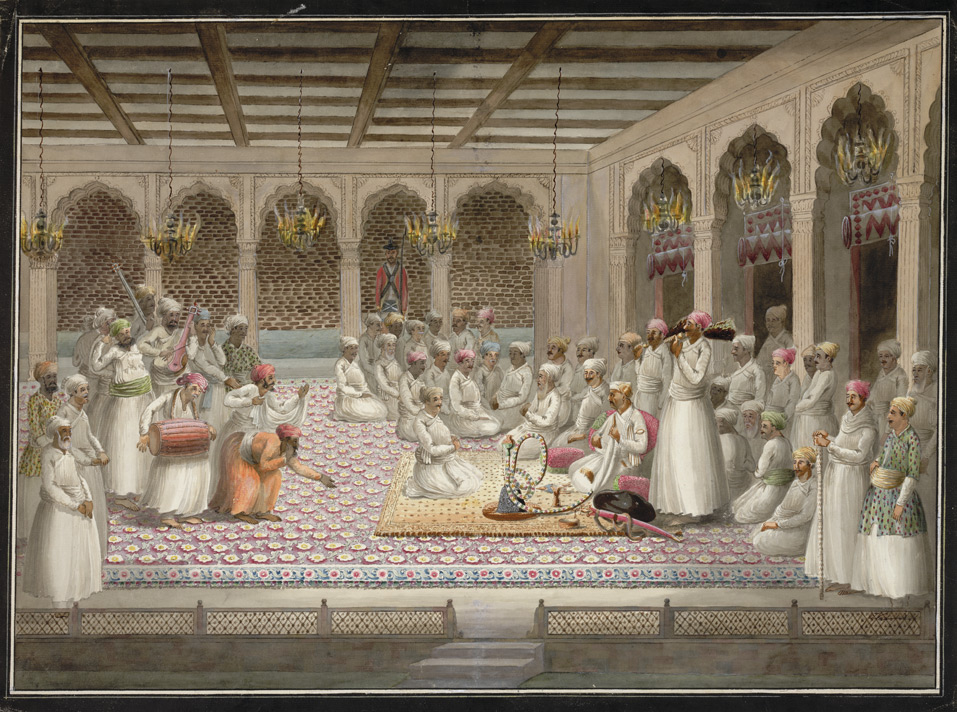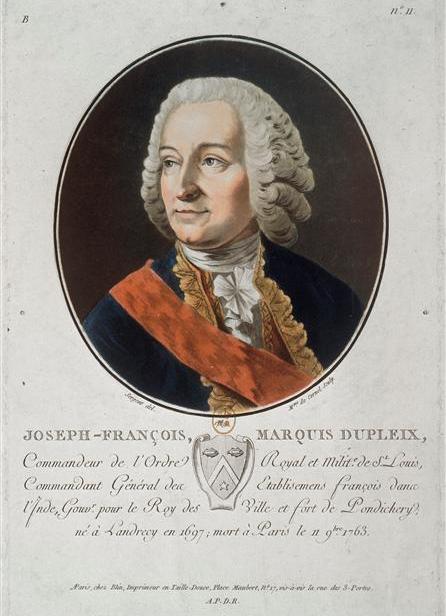|
Muhammad Farid Khan
Nawab Sir Muhammad Farid Khan Tanoli, , was the last ruling Nawab of the princely state of Amb, from 1936 till 1969. In 1947 he acceded his state to the Dominion of Pakistan. A small state in a subsidiary alliance with British India, in 1958 Amb was reported to have an area of 590 square miles and a population of 48,656.Amiya Ranjan Mukherjee, ''Current Affairs'' (1958), p. 337 After 1947 After the independence of Pakistan Pakistan ( ur, ), officially the Islamic Republic of Pakistan ( ur, , label=none), is a country in South Asia. It is the world's fifth-most populous country, with a population of almost 243 million people, and has the world's second-lar ... in 1947, Amb became fully independent, and remained so for the rest of 1947, but on 31 December the Nawab acceded his state to Pakistan.Z. H. Zaidi, CHRONOLOGY OF ACCESSION OF STATES TO PAKISTAN in ''Quaid-i-Azam Mohammad Ali Jinnah Papers: The States'' (Quaid-i-Azam Papers Project, 1993), p. xxxix N ... [...More Info...] [...Related Items...] OR: [Wikipedia] [Google] [Baidu] |
Nawab
Nawab (Balochi language, Balochi: نواب; ar, نواب; bn, নবাব/নওয়াব; hi, नवाब; Punjabi language, Punjabi : ਨਵਾਬ; Persian language, Persian, Punjabi language, Punjabi , Sindhi language, Sindhi, Urdu: ), also spelled Nawaab, Navaab, Navab, Nowab, Nabob, Nawaabshah, Nawabshah or Nobab, is a Royal title indicating a sovereign ruler, often of a South Asian state, in many ways comparable to the western title of Prince. The relationship of a Nawab to the Emperor of India has been compared to that of the Kingdom of Saxony, Kings of Saxony to the German Emperor. In earlier times the title was ratified and bestowed by the reigning Mughal emperor to semi-autonomous Muslim rulers of subdivisions or princely states in the Indian subcontinent loyal to the Mughal Empire, for example the Nawabs of Bengal. The title is common among Muslim rulers of South Asia as an equivalent to the title Maharaja. "Nawab" usually refers to males and literally mea ... [...More Info...] [...Related Items...] OR: [Wikipedia] [Google] [Baidu] |
Darband, Khyber Pakhtunkhwa
Darband (دربند) is a tehsil (an administrative subdivision) of Mansehra District in the Khyber Pakhtunkhwa province of Pakistan. It was created as a separate tehsil in late August 2017 out of three union councils until then part of Oghi Tehsil: Darband itself, Nika Pani Nika Pani (نکہ پانی) is a village and union council of Mansehra District in Khyber-Pakhtunkhwa province of Pakistan Pakistan ( ur, ), officially the Islamic Republic of Pakistan ( ur, , label=none), is a country in South Asia. It ... and Shanaya. References Union councils of Mansehra District Populated places in Mansehra District {{Mansehra-geo-stub ... [...More Info...] [...Related Items...] OR: [Wikipedia] [Google] [Baidu] |
Princely Rulers Of Pakistan
A prince is a male ruler (ranked below a king, grand prince, and grand duke) or a male member of a monarch's or former monarch's family. ''Prince'' is also a title of nobility (often highest), often hereditary, in some European states. The female equivalent is a princess. The English word derives, via the French word ''prince'', from the Latin noun , from (first) and (head), meaning "the first, foremost, the chief, most distinguished, noble ruler, prince". Historical background The Latin word (older Latin *prīsmo-kaps, literally "the one who takes the first lace/position), became the usual title of the informal leader of the Roman senate some centuries before the transition to empire, the ''princeps senatus''. Emperor Augustus established the formal position of monarch on the basis of principate, not dominion. He also tasked his grandsons as summer rulers of the city when most of the government were on holiday in the country or attending religious rituals, and, for ... [...More Info...] [...Related Items...] OR: [Wikipedia] [Google] [Baidu] |
Nawabs Of Amb
Nawab ( Balochi: نواب; ar, نواب; bn, নবাব/নওয়াব; hi, नवाब; Punjabi : ਨਵਾਬ; Persian, Punjabi , Sindhi, Urdu: ), also spelled Nawaab, Navaab, Navab, Nowab, Nabob, Nawaabshah, Nawabshah or Nobab, is a Royal title indicating a sovereign ruler, often of a South Asian state, in many ways comparable to the western title of Prince. The relationship of a Nawab to the Emperor of India has been compared to that of the Kings of Saxony to the German Emperor. In earlier times the title was ratified and bestowed by the reigning Mughal emperor to semi-autonomous Muslim rulers of subdivisions or princely states in the Indian subcontinent loyal to the Mughal Empire, for example the Nawabs of Bengal. The title is common among Muslim rulers of South Asia as an equivalent to the title Maharaja. "Nawab" usually refers to males and literally means ''Viceroy''; the female equivalent is "Begum" or "''Nawab Begum''". The primary duty of a Nawab was t ... [...More Info...] [...Related Items...] OR: [Wikipedia] [Google] [Baidu] |
Hindkowan People
Hindkowans (lit. "Indian-speakers"), also known as the Hindki, is a contemporary designation for speakers of Indo-Aryan languages who live among the neighbouring Pashtuns, particularly the speakers of various Hindko dialects of Lahnda. The origins of the term refer merely to "Indian speaking" people (i.e. speakers of Indo-Aryan languages) rather than to any particular ethnic group. The term is not only applied to several forms of "Northern Lahnda" but also to the Saraiki dialects of the districts of Dera Ghazi Khan, Mianwali, and Dera Ismail Khan, which border the southern Pashto-speaking areas. There is also a small diaspora in Afghanistan, which includes members of the Sikh and Hindu community who became established there during the Sikh Empire in the first half of the 19th century. Most of them have emigrated since the rise of the Taliban, and the total population of Sikhs, Hindko-speaking or not, was estimated at around 300 families (as of 2018). They are commonly known a ... [...More Info...] [...Related Items...] OR: [Wikipedia] [Google] [Baidu] |
1969 Deaths
This year is notable for Apollo 11's first landing on the moon. Events January * January 4 – The Government of Spain hands over Ifni to Morocco. * January 5 **Ariana Afghan Airlines Flight 701 crashes into a house on its approach to London's Gatwick Airport, killing 50 of the 62 people on board and two of the home's occupants. * January 14 – An explosion aboard the aircraft carrier USS ''Enterprise'' near Hawaii kills 27 and injures 314. * January 19 – End of the siege of the University of Tokyo, marking the beginning of the end for the 1968–69 Japanese university protests. * January 20 – Richard Nixon is sworn in as the 37th President of the United States. * January 22 – An assassination attempt is carried out on Soviet leader Leonid Brezhnev by deserter Viktor Ilyin. One person is killed, several are injured. Brezhnev escaped unharmed. * January 27 ** Fourteen men, 9 of them Jews, are executed in Baghdad for spying for Israel. ... [...More Info...] [...Related Items...] OR: [Wikipedia] [Google] [Baidu] |
Partition Of India
The Partition of British India in 1947 was the Partition (politics), change of political borders and the division of other assets that accompanied the dissolution of the British Raj in South Asia and the creation of two independent dominions: Dominion of India, India and Dominion of Pakistan, Pakistan. The Dominion of India is today the India, Republic of India, and the Dominion of Pakistan—which at the time comprised two regions lying on either side of India—is now the Pakistan, Islamic Republic of Pakistan and the Bangladesh, People's Republic of Bangladesh. The partition was outlined in the Indian Independence Act 1947. The change of political borders notably included the division of two provinces of British India, Bengal Presidency, Bengal and Punjab Province (British India), Punjab. The majority Muslim districts in these provinces were awarded to Pakistan and the majority non-Muslim to India. The other assets that were divided included the British Indian Army, ... [...More Info...] [...Related Items...] OR: [Wikipedia] [Google] [Baidu] |
Darband 1948, Governer Frontier And PM
Darband may refer to: Afghanistan * Darband, Afghanistan Armenia * Karmrakar, Armenia, formerly ''Darband'' Iran East Azerbaijan Province * Darband, East Azerbaijan, a village in Hashtrud County Gilan Province * Darband, Astara, a village in Astara County *Darband Cave, a Lower Paleolithic site Hamadan Province * Darband, Hamadan, a village in Bahar County Hormozgan Province * Darband Salah, a village in Bashagard County Isfahan Province * Darband, Fereydunshahr, a village in Fereydunshahr County * Darband, Khvansar, a village in Khvansar County Kermanshah Province * Darband Khizan, a village in Gilan-e Gharb County * Darband Zard, a village in Kermanshah County * Darband-e Zard-e Olya, a village in Salas-e Babajani County * Darband-e Zard-e Sofla, a village in Salas-e Babajani County * Darband, Kermanshah, a village in Sonqor County Khuzestan Province * Darband, Khuzestan, a village in Khorramshahr County, Khuzestan Province Kurdistan Province * Darband, Kurdi ... [...More Info...] [...Related Items...] OR: [Wikipedia] [Google] [Baidu] |
British India
The provinces of India, earlier presidencies of British India and still earlier, presidency towns, were the administrative divisions of British governance on the Indian subcontinent. Collectively, they have been called British India. In one form or another, they existed between 1612 and 1947, conventionally divided into three historical periods: *Between 1612 and 1757 the East India Company set up Factory (trading post), factories (trading posts) in several locations, mostly in coastal India, with the consent of the Mughal emperors, Maratha Empire or local rulers. Its rivals were the merchant trading companies of Portugal, Denmark, the Netherlands, and France. By the mid-18th century, three ''presidency towns'': Madras, Bombay and Calcutta, had grown in size. *During the period of Company rule in India (1757–1858), the company gradually acquired sovereignty over large parts of India, now called "presidencies". However, it also increasingly came under British government over ... [...More Info...] [...Related Items...] OR: [Wikipedia] [Google] [Baidu] |
Subsidiary Alliance
A subsidiary alliance, in South Asian history, was a tributary alliance between a South Asian state and a European East India Company. Under this system, an Indian ruler who formed a treaty with the company in question would be provided with protection against any external attacks. In return, the ruler was required to: * keep the company's army at the capital of their state, * give either money or territory to the company for the maintenance of the troops, * expel all other Europeans from their state, whether they were employed in the army or in the civil service, * keep a European official called 'resident' at the capital of their state who would oversee all negotiations and communications with other states, meaning that the ruler was to have no direct correspondence or relations with other states, without the resident's approval. The ruler was also forbidden from maintaining a standing army or waging wars. Development The system of subsidiary alliances was pioneered b ... [...More Info...] [...Related Items...] OR: [Wikipedia] [Google] [Baidu] |
Sunni Islam
Sunni Islam () is the largest branch of Islam, followed by 85–90% of the world's Muslims. Its name comes from the word '' Sunnah'', referring to the tradition of Muhammad. The differences between Sunni and Shia Muslims arose from a disagreement over the succession to Muhammad and subsequently acquired broader political significance, as well as theological and juridical dimensions. According to Sunni traditions, Muhammad left no successor and the participants of the Saqifah event appointed Abu Bakr as the next-in-line (the first caliph). This contrasts with the Shia view, which holds that Muhammad appointed his son-in-law and cousin Ali ibn Abi Talib as his successor. The adherents of Sunni Islam are referred to in Arabic as ("the people of the Sunnah and the community") or for short. In English, its doctrines and practices are sometimes called ''Sunnism'', while adherents are known as Sunni Muslims, Sunnis, Sunnites and Ahlus Sunnah. Sunni Islam is sometimes referred ... [...More Info...] [...Related Items...] OR: [Wikipedia] [Google] [Baidu] |




.jpg)



